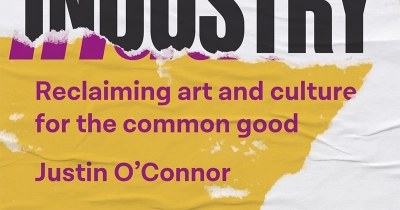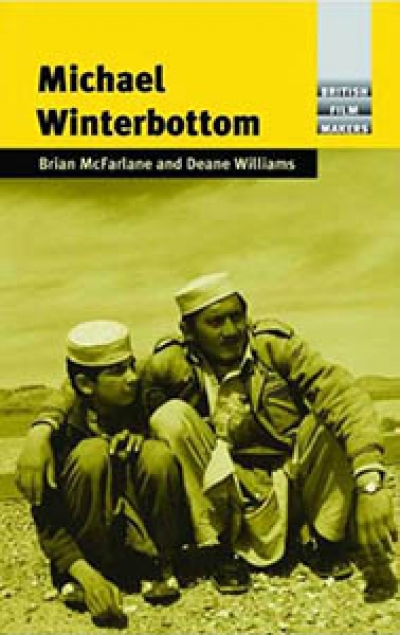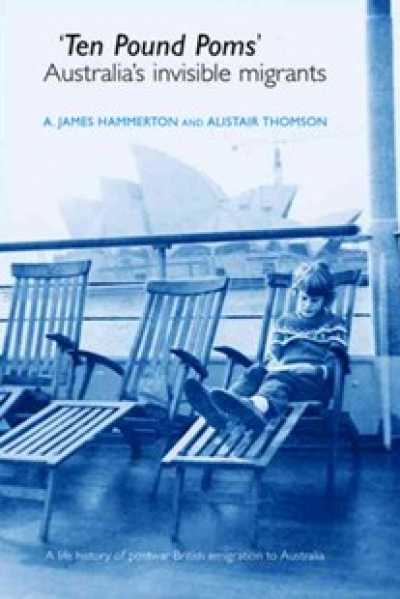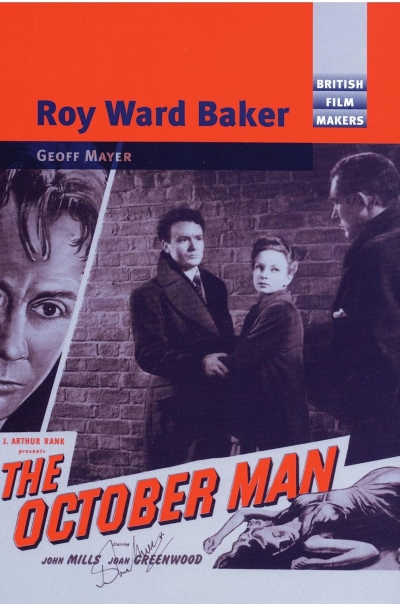Manchester University Press
Culture is Not an Industry: Reclaiming art and culture for the common good by Justin O’Connor
by Wilfrid Prest •
Red Closet: The hidden history of gay oppression in the USSR by Rustam Alexander
by Iva Glisic •
Labour and the Politics of Empire: Britain and Australia 1900 to the Present by Neville Kirk
by Robert Dare •
Ten Pound Poms: Australia’s invisible migrants by A. James Hammerton and Alistair Thomson
by Mark Peel •






